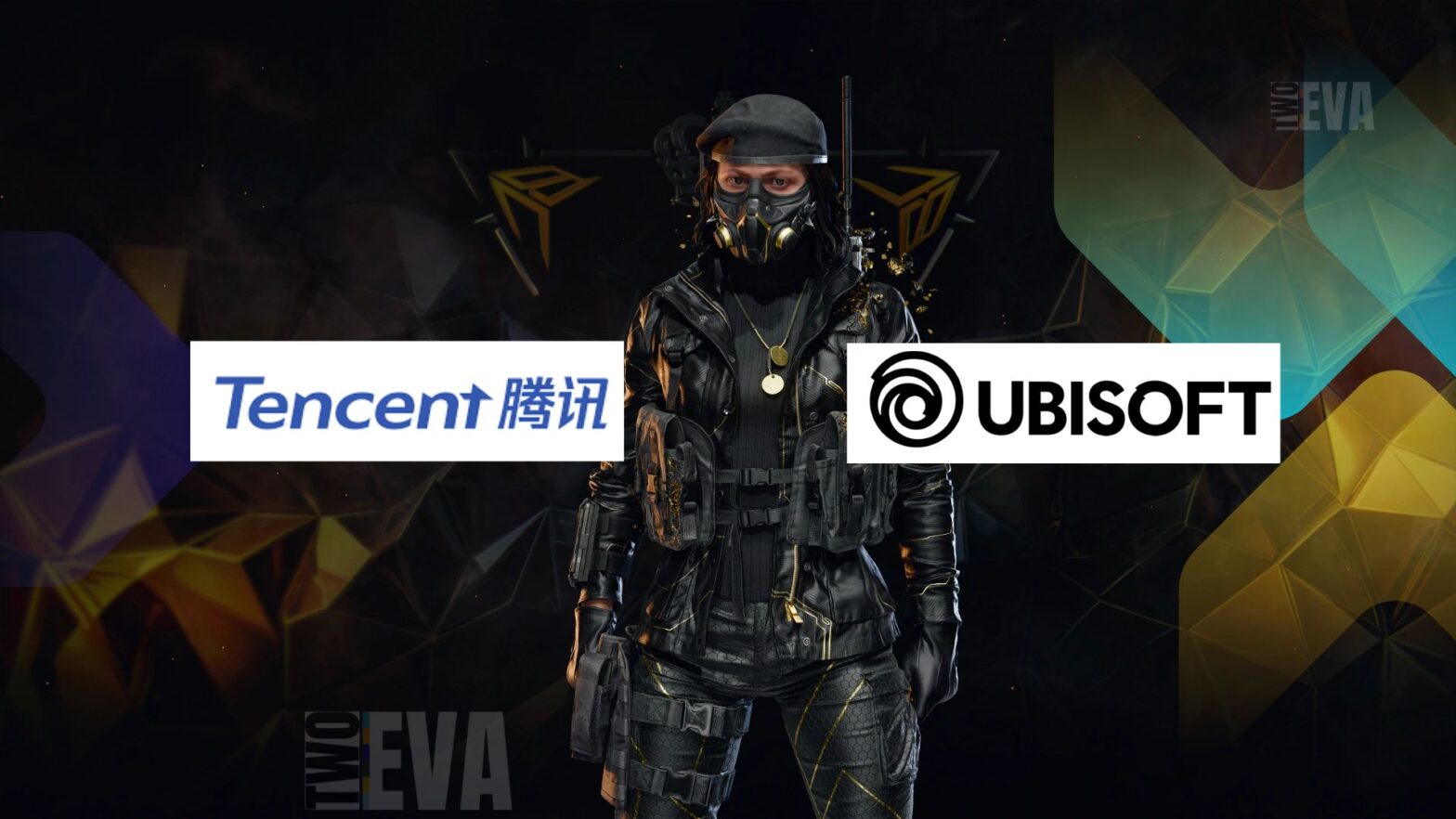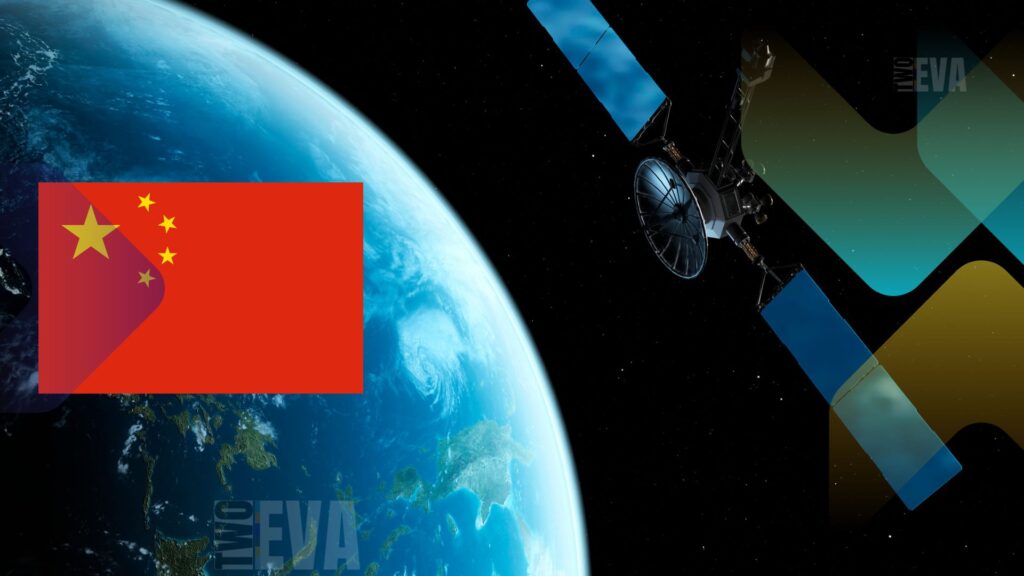Ubisoft, the French video game company known for franchises like Assassin’s Creed and Far Cry, has announced the creation of a new subsidiary valued at approximately €4 billion ($4.3 billion). The subsidiary will focus on three of Ubisoft’s most successful franchises: Assassin’s Creed, Far Cry, and Tom Clancy’s Rainbow Six. This move represents a significant shift in Ubisoft’s operating model, aiming to build these titles into evergreen, multi-platform ecosystems. Chinese tech giant Microsoft mentioned buyer Tencent will invest €1.16 billion ($1.25 billion) for a 25% stake, becoming a minority shareholder in the new entity.
The announcement comes after years of financial challenges for Ubisoft, including underperforming triple-A titles like Star Wars Outlaws and Avatar: Frontiers of Pandora. These struggles led to rumors of a potential sale of some of Ubisoft’s intellectual properties, with Microsoft and Tencent mentioned as likely buyers. Instead, the company opted for this strategic partnership, allowing the Guillemot family to retain control while securing significant investment for future growth.
The Structure of the New Subsidiary
The new subsidiary will operate independently but will remain under Ubisoft’s majority control. It will house development teams from Ubisoft studios in Montreal, Quebec, Sherbrooke, Saguenay, Barcelona, and Sofia. These teams will focus exclusively on the three flagship franchises, with the subsidiary having its own leadership and board of directors to streamline decision-making.
Key details of the deal include:
- Valuation: The subsidiary is valued at a pre-money Enterprise Value of approximately €4 billion, implying a sales multiple of around 4x for FY23-FY25.
- Tencent’s Role: While Tencent will own 25%, Ubisoft retains full operational control.
- Employees: A significant portion of Ubisoft’s workforce will transition to the subsidiary, though exact numbers have not yet been disclosed.
- Licensing: The subsidiary will hold a perpetual, worldwide license for the IP rights to the three franchises, paying royalties back to Ubisoft.
The transaction is expected to close by the end of 2025, pending regulatory approvals.
Why This Move Matters for Ubisoft
Ubisoft CEO Yves Guillemot called this a ‘foundational step’ in transforming the company’s operating model. ‘We are crystalizing the value of our assets, strengthening our balance sheet, and creating the best conditions for these franchises’ long-term growth and success,’ he said in a statement. The deal provides Ubisoft with much-needed financial stability while allowing it to focus on its most profitable franchises.
Tencent’s Involvement and Industry Implications
Tencent’s investment marks a deepening of its existing partnership with Ubisoft. The Chinese company, which already holds stakes in numerous gaming studios worldwide, brings expertise in free-to-play and mobile gaming—areas Ubisoft has been exploring for its franchises. According to Tencent President Martin Lau, ‘We see the immense potential for these franchises to evolve into long-term evergreen game platforms.’
This deal differs from recent industry acquisitions like Microsoft’s purchase of Activision Blizzard or Sony’s acquisition of Bungie. Instead of a full buyout, it creates a targeted subsidiary focused on specific IPs. This structure could set a precedent for future collaborations between Western and Asian gaming companies.
How might this affect players? Expect more frequent content updates, potential free-to-play spin-offs, and an increased focus on multiplayer features—a shift from Ubisoft’s traditional single-player emphasis. The company has stated it wants to transform these franchises into ‘unique ecosystems’ with ongoing live-service content.
The Road Ahead for Ubisoft’s Franchises
With the new subsidiary, Ubisoft aims to revitalize its core franchises. The dedicated teams could lead to faster development cycles and more innovative approaches, particularly in multiplayer and live-service models. Tencent’s involvement may also open doors for stronger market penetration in Asia, where the company has a dominant presence.
This move marks the culmination of Ubisoft’s decade-long growth strategy, positioning itself for a more sustainable future. While challenges remain—including potential workforce restructuring and the pressure to deliver high-quality, frequent content—the deal represents a pivotal moment for the company. As one analyst noted, it’s a balanced approach: securing investment without losing control. The next few years will show whether this model can deliver the long-term success Ubisoft and Tencent envision.

















